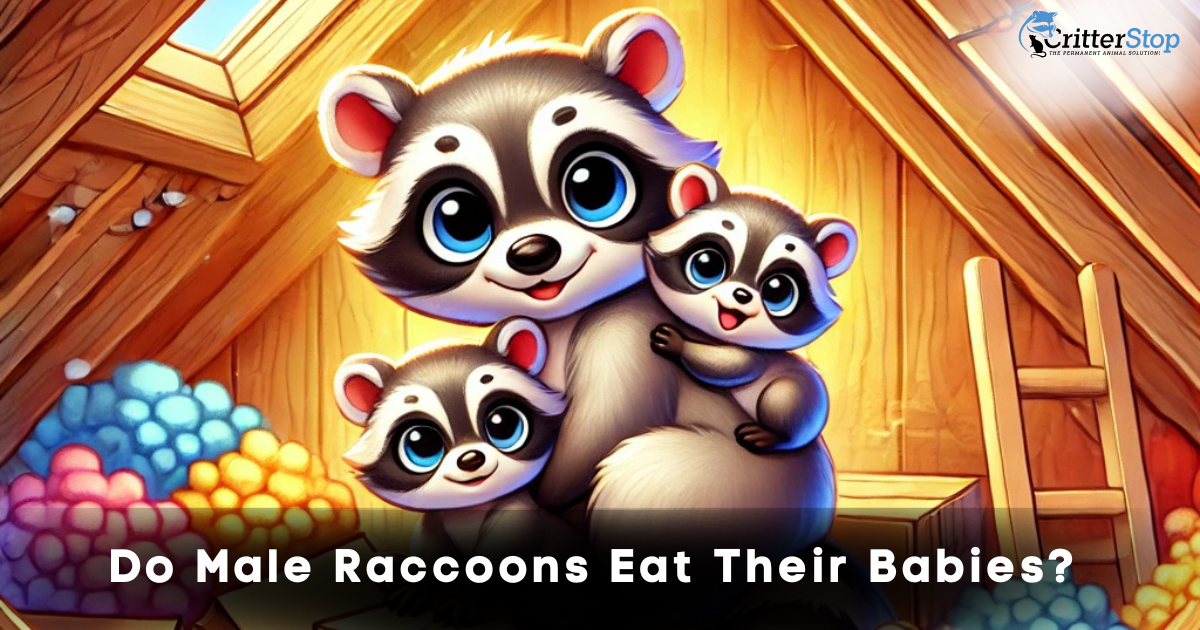
Raccoons are intelligent, adaptable animals known for their resourcefulness and complex social behavior. These nocturnal mammals are often found in urban environments, leading to increased interactions with humans. One question that frequently arises about raccoons is whether male raccoons eat their babies. Understanding the dynamics of raccoon behavior, particularly the roles of male and female raccoons, is crucial for determining the reality behind this concern. Furthermore, homeowners often find raccoons denning in attics, chimneys, or crawl spaces, raising concerns about property damage and the safety of both raccoons and humans. In such cases, it’s essential to contact a professional wildlife removal company like us at Critter Stop for humane raccoon removal.
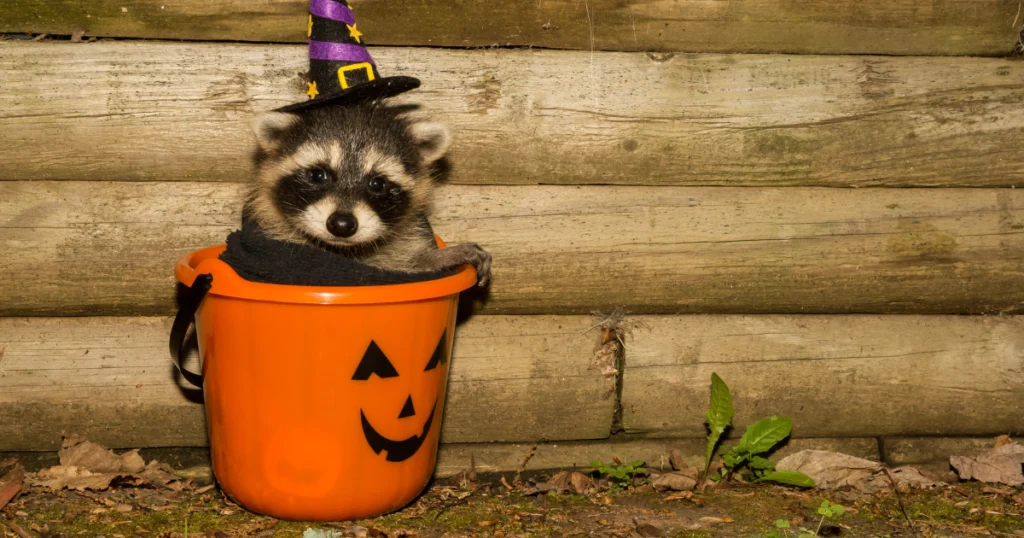
Raccoons (Procyon lotor) are typically solitary animals. Male raccoons and female raccoons only come together during the mating season, after which the male leaves the female to care for the offspring alone. Unlike many animals where male infanticide is observed, there is no significant evidence to suggest that male raccoons regularly engage in this behavior. Male raccoons are generally uninterested in their offspring and do not actively seek out interaction with their young after mating. While isolated incidents of aggression from male raccoons toward young raccoons can occur, these are usually related to territorial disputes or competition for food rather than intentional infanticide.
Male raccoons have a polygynous mating system, meaning they mate with multiple females during the breeding season, typically between February and March. Once the mating process is complete, males leave to seek other mating opportunities and play no role in raising the young. This solitary lifestyle reduces any chance of interaction with the babies and therefore minimizes the risk of infanticide. The nurturing and protective role is left entirely to the female raccoon, who ensures the survival of her offspring.
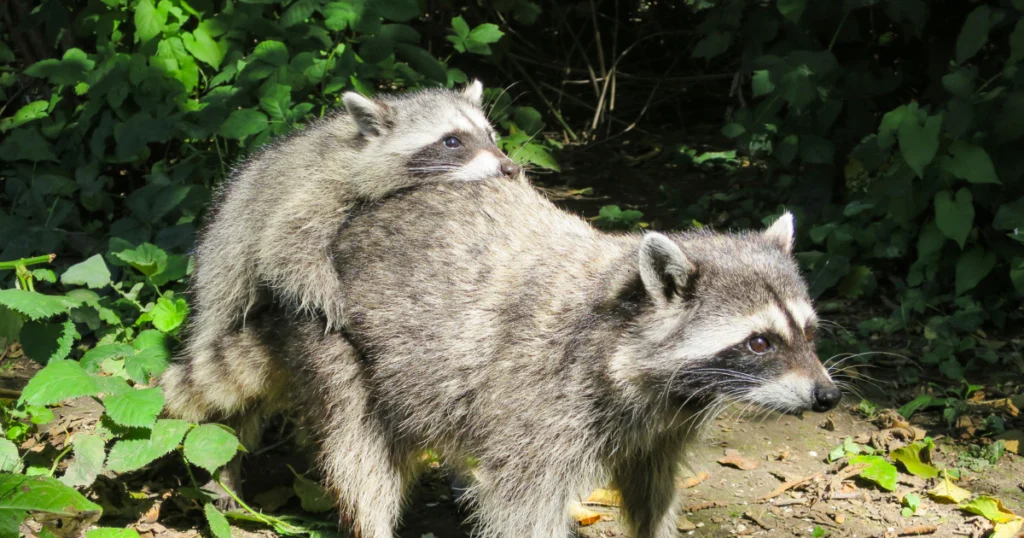
One interesting question often asked is, "Do raccoons carry their babies on their back?" While it’s common to see certain animals transporting their young in this way, raccoons do not exhibit this behavior. Instead, they lead their kits on foot, teaching them essential survival skills as they grow and become more mobile.
Female raccoons are known for their fierce protective instincts. After a gestation period of about 63 to 65 days, female raccoons give birth to a litter of two to six kits. These kits are born blind, deaf, and dependent on their mother for food and warmth. For the first few weeks, the mother rarely leaves the den, only going out at night to forage. She chooses safe, hidden denning sites, such as hollow trees or attics, where her young can develop without exposure to predators or danger.
As the kits grow older, they open their eyes around the third week and begin exploring the world under their mother's close supervision. By the time they are two to three months old, the kits start venturing outside of the den. However, they continue to rely on their mother for protection and guidance until they are fully independent, usually in the late fall.
Another common question is, "Do raccoons leave their babies?" While male raccoons do not participate in raising their young, female raccoons do not abandon their kits. They are highly dedicated to ensuring their babies’ safety and development. The mother stays with her kits for several months, carefully guiding and protecting them until they are old enough to fend for themselves.
While male raccoons do not pose a significant threat to their young, raccoon kits face numerous dangers in the wild. Predators such as owls, hawks, foxes, and coyotes often target young raccoons. In urban environments, additional threats include vehicular traffic, domestic pets, and human activity. Disease is also a major concern, with distemper and rabies posing significant risks to raccoon populations, especially the vulnerable young.
The mother raccoon’s protective behavior is critical for defending her kits against these dangers. If a predator or rival raccoon approaches the den, the mother will fiercely defend her offspring. Additionally, raccoons in urban areas may den in attics or crawl spaces, leading to human-wildlife conflicts, property damage, and health risks due to droppings or disease transmission. In such cases, it’s essential to involve a humane wildlife removal service like Critter Stop, which specializes in safely and efficiently removing raccoons from homes while preserving the well-being of the animals.
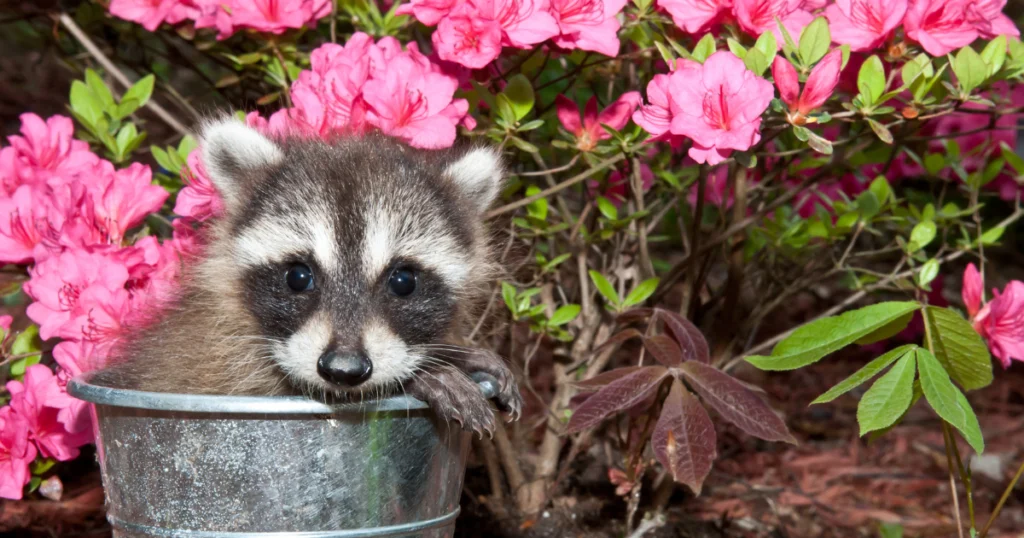
When wildlife, especially raccoons during their breeding season, invades your home, taking immediate and humane action is crucial. Here at Critter Stop, we’ve earned a fantastic reputation for delivering high-quality work and providing top-notch customer service. With stellar customer reviews online, we stand out as a top choice for humane and effective raccoon removal in the Dallas-Fort Worth area.
If raccoons have moved into your attic, chimney, or crawl space, we’ll provide a thorough inspection of your home to identify nesting areas and entry points. Our team uses humane methods to remove the raccoons without harming them. But we don't stop there—after removal, we offer exclusion services to ensure raccoons can't return.
Here’s what our comprehensive process looks like:
By choosing Critter Stop, you ensure that both your home and the raccoons are treated with the utmost care and respect. We value ethical wildlife management, making sure that all raccoons are safely relocated to appropriate environments without causing harm.
We’re here to provide you with peace of mind and professional, humane solutions for your raccoon problems.
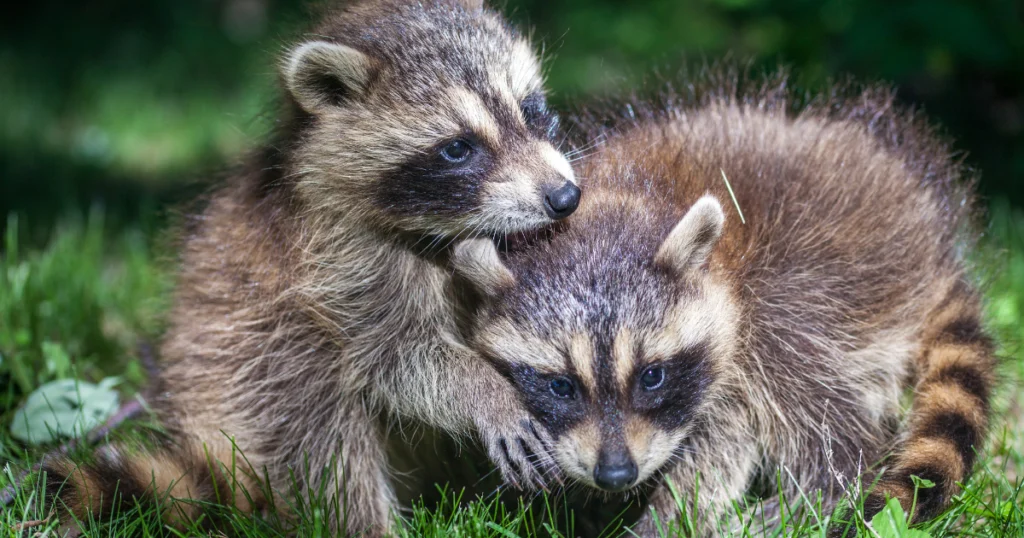
Raccoons are clever animals that can adapt to urban environments, often leading them to seek shelter in human-made structures. To prevent raccoons from entering your home and causing damage, it’s important to take proactive measures:
However, if raccoons have already made their way into your home, it’s important not to handle the situation on your own. Raccoons can be aggressive, especially when protecting their young, and attempting to remove them without professional help can lead to injuries or property damage. This is where Critter Stop comes in.
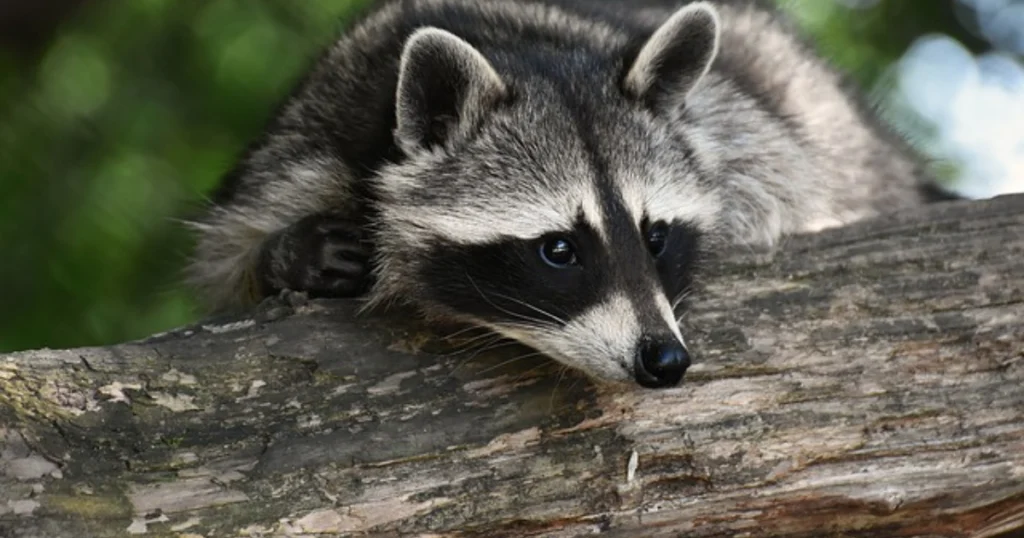
Although the idea that male raccoons eat their babies may seem concerning, the reality is that this behavior is extremely rare. Male raccoons have little to no involvement in the rearing of young, leaving the responsibility of parenting to the female raccoon, who is fiercely protective of her kits. Understanding raccoon family dynamics helps dispel myths and encourages humane approaches to managing raccoon populations, especially in urban areas where human-wildlife conflicts are common.
If raccoons have taken up residence in your home, it's essential to act quickly and humanely. At Critter Stop, we're a trusted and highly-reviewed wildlife removal company providing professional and humane raccoon removal services. We make sure your property is rid of raccoons while treating the animals with the care they deserve. With our outstanding reputation for customer service and high-quality work, you can trust us to handle all your wildlife removal needs.
For more information about humane raccoon removal or to schedule a free inspection, visit Critter Stop or give us a call at (214) 234-2616. We're here to help!
Visit our Critter Library and learn more about our furry friends